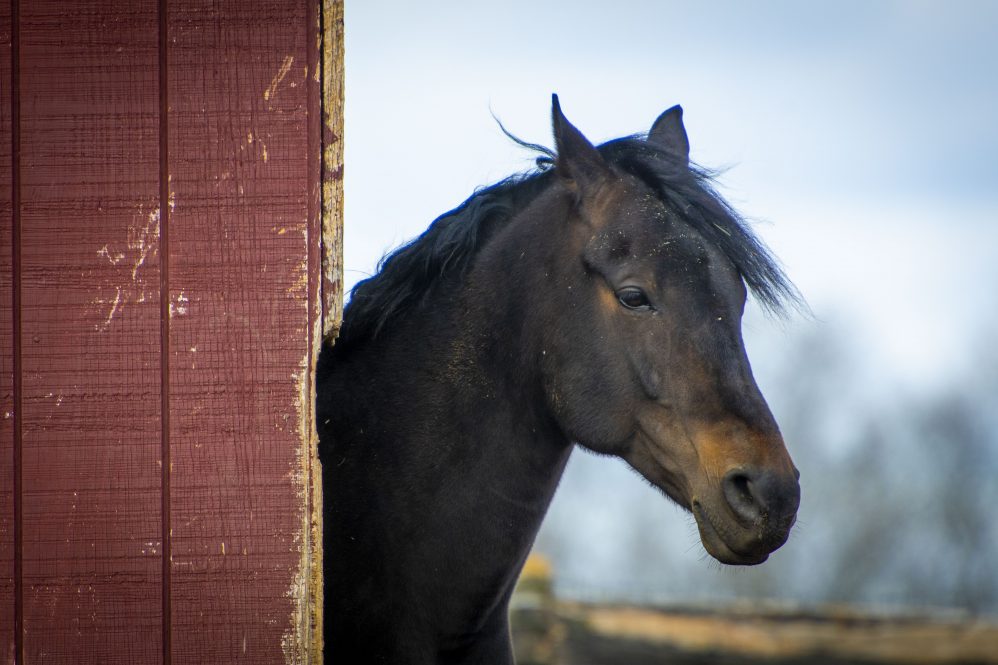Understanding the microbiome has long been a focus of researchers across the globe, and it isn’t just human health researchers that are trying to increase knowledge of this complex system. Animal health is also driven by the microbiome in a variety of ways. Horse health, in particular, can be affected by subtle changes to the microbiome and these effects are not yet fully understood.
Associate professor of animal science in the College of Agriculture, Health and Natural Resources, Jenifer Nadeau, has received a $25,000 grant from the Office of the Vice President for Research’s Research Excellence Program (REP) to investigate the effects of changes in the gut microbiome of horses as a means of parasite prevention.
Common practices in equine care encourage rotational deworming based on factors such as age or geographic location. It can be overwhelming for horse owners to navigate the myriad conflicting recommendations when it comes to deworming products and schedules for their equine partners. Additionally, horses are prone to developing resistance to common treatments of internal parasites.
Current research suggests that negative changes to horses’ microbiomes can increase parasitic load. Additionally, regular de-worming practices have shown negative effects on the equine microbiome.
“This grant will enable us to further explore the impact of parasitic load on the equine microbiome. We are grateful to the OVPR for this funding,” says Nadeau.
The proposed study will investigate the relationship between the equine gut microbiome, hematology and parasite load. The goal is to understand how the gut microbiome affects a horse’s predilection to parasitic infections. The study will look specifically at strongyles, a common equine parasite, and how microbiome changes can affect how susceptible horses are to this parasite. This research will inform future research grant proposals for the Nadeau lab related to strategies for controlling parasites in horses.
If Nadeau and her lab can shed light on the effects of improving equine microbiome health, the best practices for parasite control might be altered to decrease costs of care and improve overall health. Understanding how the equine microbiome is affected by different factors can have positive impacts on this complex problem in the equestrian world.
Nadeau holds a Ph.D. in Animal Science from the University of Tennessee. Her research interests include improving equine health through evaluation of best practices, selective deworming, and dietary interventions.
Follow UConn CAHNR on social media



